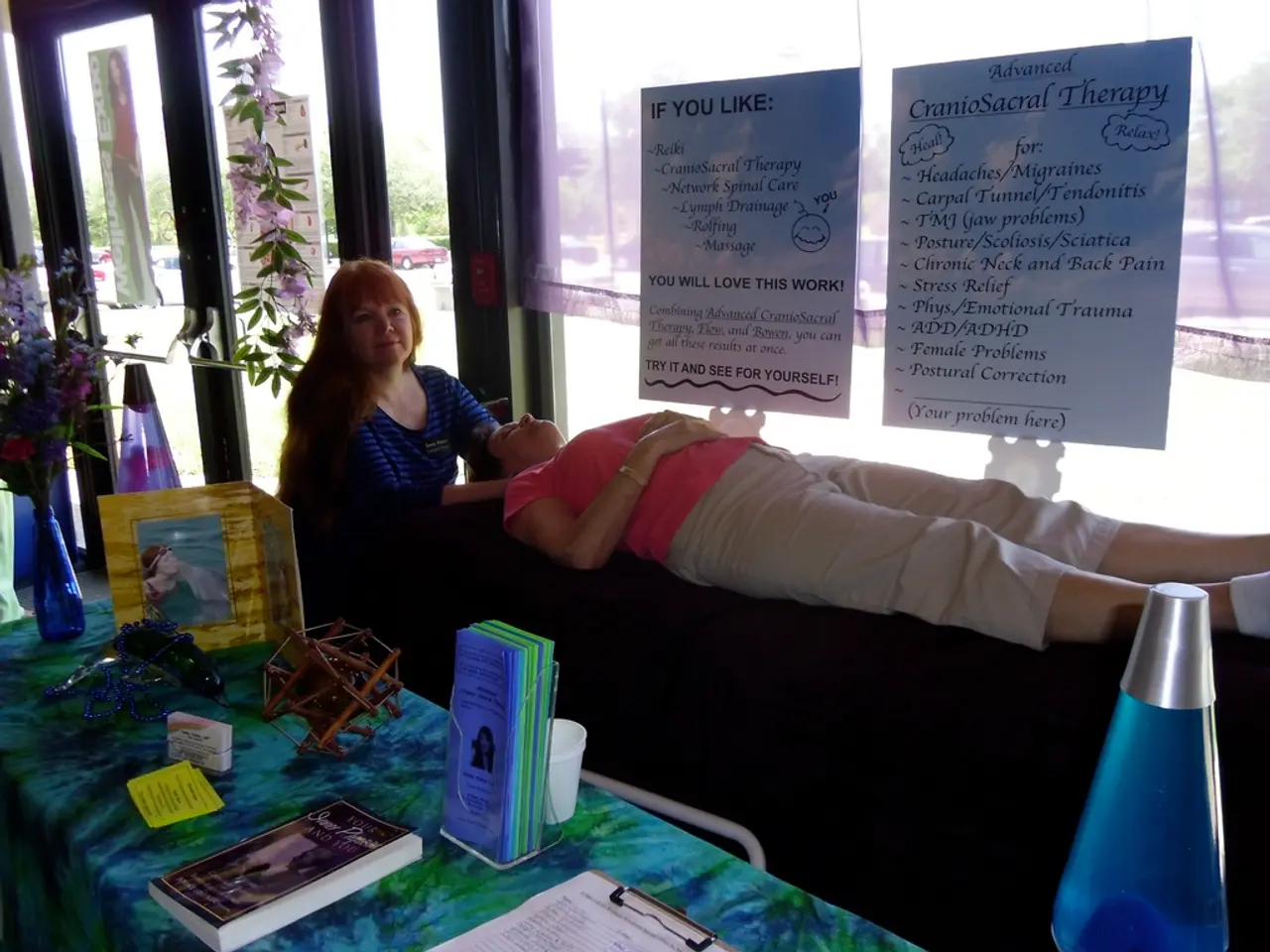Enhancing Cognitive Adaptability Through Mental Contrasting Technique
Mental contrasting, a psychological tool researched by Gabriele Oettingen, is an effective strategy that strengthens cognitive flexibility, a crucial aspect of executive functions. This mental ability enables individuals to adapt their thinking and behavior in response to changing goals, environments, or perspectives, thereby enhancing creativity and resilience in problem-solving and decision-making.
To start with, mental contrasting involves juxtaposing a positive future outcome with the present reality. This process helps to highlight obstacles that must be overcome, encouraging a flexible cognitive stance. By anticipating challenges and adapting strategies accordingly, individuals can support more effective planning and problem-solving.
Key benefits of mental contrasting include enhanced perspective, motivation, and resourcefulness. For instance, it fosters cognitive flexibility, improving the ability to adapt to challenges. Regular practice of mental contrasting will help solidify cognitive flexibility and improve problem-solving skills.
To make mental contrasting a habit, allocate dedicated time for this practice in your daily schedule. A journal can be a useful tool to track reflections on goals, visualizations, and obstacles. Mental contrasting combines elements of positive thinking and critical reflection, making it an effective cognitive strategy that helps visualize desired outcomes while recognizing potential challenges.
Moreover, mental contrasting can improve collaboration and communication in group settings. By understanding others' perspectives, broadening the viewpoint on issues, and reframing setbacks, individuals can adjust plans in response to new situations, collectively improving decision-making.
Strengthening cognitive flexibility through mental contrasting and cognitive training can rewire the brain’s habitual responses, making individuals more open to change and better at resolving complex problems. This is linked to brain regions like the prefrontal cortex, which governs executive functions essential for flexible thinking and adaptive behavior.
In summary, mental contrasting promotes cognitive flexibility by encouraging adaptive thinking and strategic anticipation of obstacles, which in turn enhances problem-solving abilities and leads to more effective, flexible decision-making. Embrace mental contrasting as a powerful tool to boost your problem-solving skills and navigate life's challenges with ease.
- Enhancing cognitive flexibility through mental contrasting can support women in their decision-making processes, fostering better personal growth and mental health.
- Integrating mental contrasting into an education-and-self-development plan can provide significant benefits, as it focuses on improving executive functions such as decision-making and problem-solving.
- According to science, mental contrasting has been shown to facilitate health-and-wellness by cultivating a more resilient mindset and enhancing overall mental health.
- By understanding the benefits of mental contrasting, individuals can focus on implementing it as a valuable strategy in their health-and-wellness routines, leading to improved mental health and personal growth.
- Supporting the practice of mental contrasting might result in positive outcomes, as it plays a crucial role in effective goal-setting and decision-making within diverse fields such as science, education, and even the business world.




